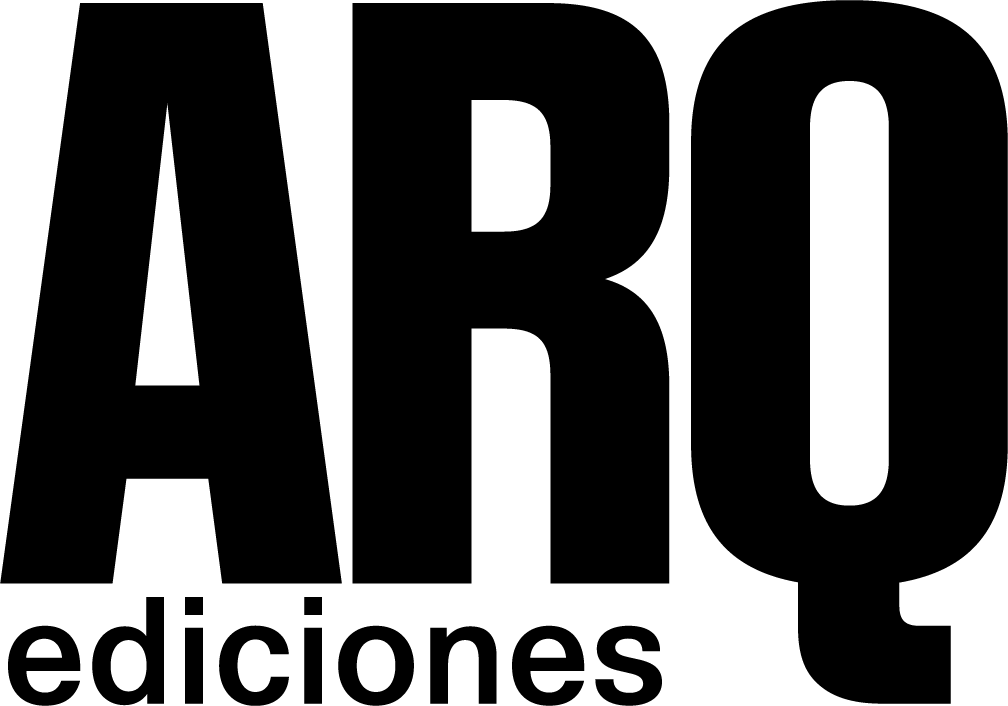News / Coming Soon —
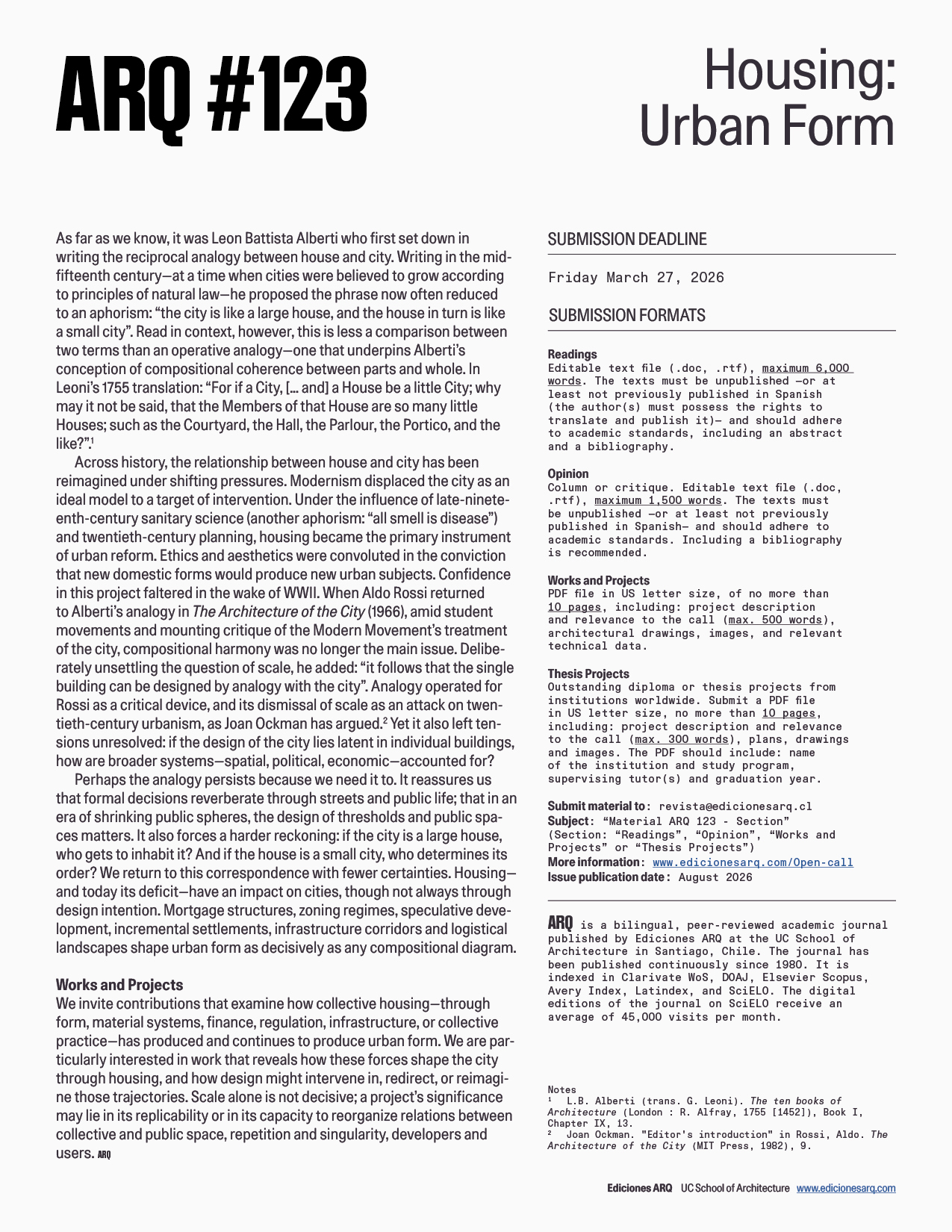
Call for Submissions open until March 27, 2026
We’re announcing the full calendar for ARQ’s 2026 editorial cycle, Housing:, and the second open call of the year. ARQ 123 invites contributions that examine how collective housing—through form, material systems, finance, regulation, infrastructure, or collective practice—has produced and continues to produce urban form. We welcome academic essays (6,000 words), critiques (1,500 words), and works and projects (10-page PDF). Submissions are open until 27 March 2026. More details in our Open call section.
ARQ 123 Housing: Urban Form
We’re announcing the full calendar for ARQ’s 2026 editorial cycle, Housing:, and the second open call of the year. ARQ 123 invites contributions that examine how collective housing—through form, material systems, finance, regulation, infrastructure, or collective practice—has produced and continues to produce urban form. We welcome academic essays (6,000 words), critiques (1,500 words), and works and projects (10-page PDF). Submissions are open until 27 March 2026. More details in our Open call section.
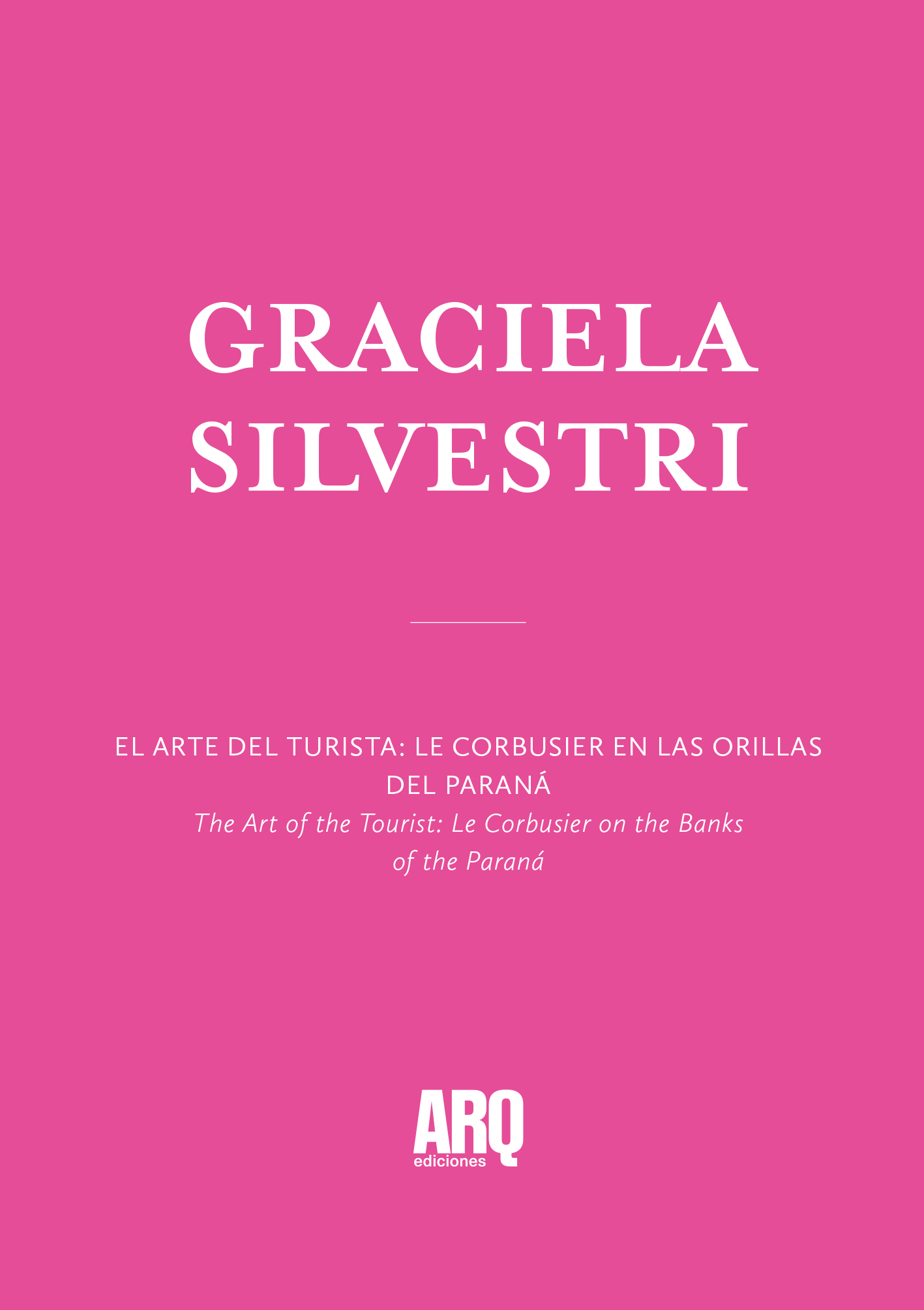
Publication: first semester 2026
ARQ docs Graciela Silvestri
Graciela Silvestri; Stephannie Fell, Alejandra Bosch, Francisco Quintana (eds.)This book brings together two essays by Graciela Silvestri that examine the ways in which architecture has learned to look at the city and territory. Through Le Corbusier’s journey to South America, on the one hand, and the urban imaginary produced by science fiction, cinema, and comics, on the other, Silvestri shifts attention away from built objects toward cultural operations — the construction of the gaze, travel, and images—that have shaped and continue to shape the idea of modern space in Latin America.
For all our latest titles (English & Spanish) — visit our catalog
Latest titles in English —
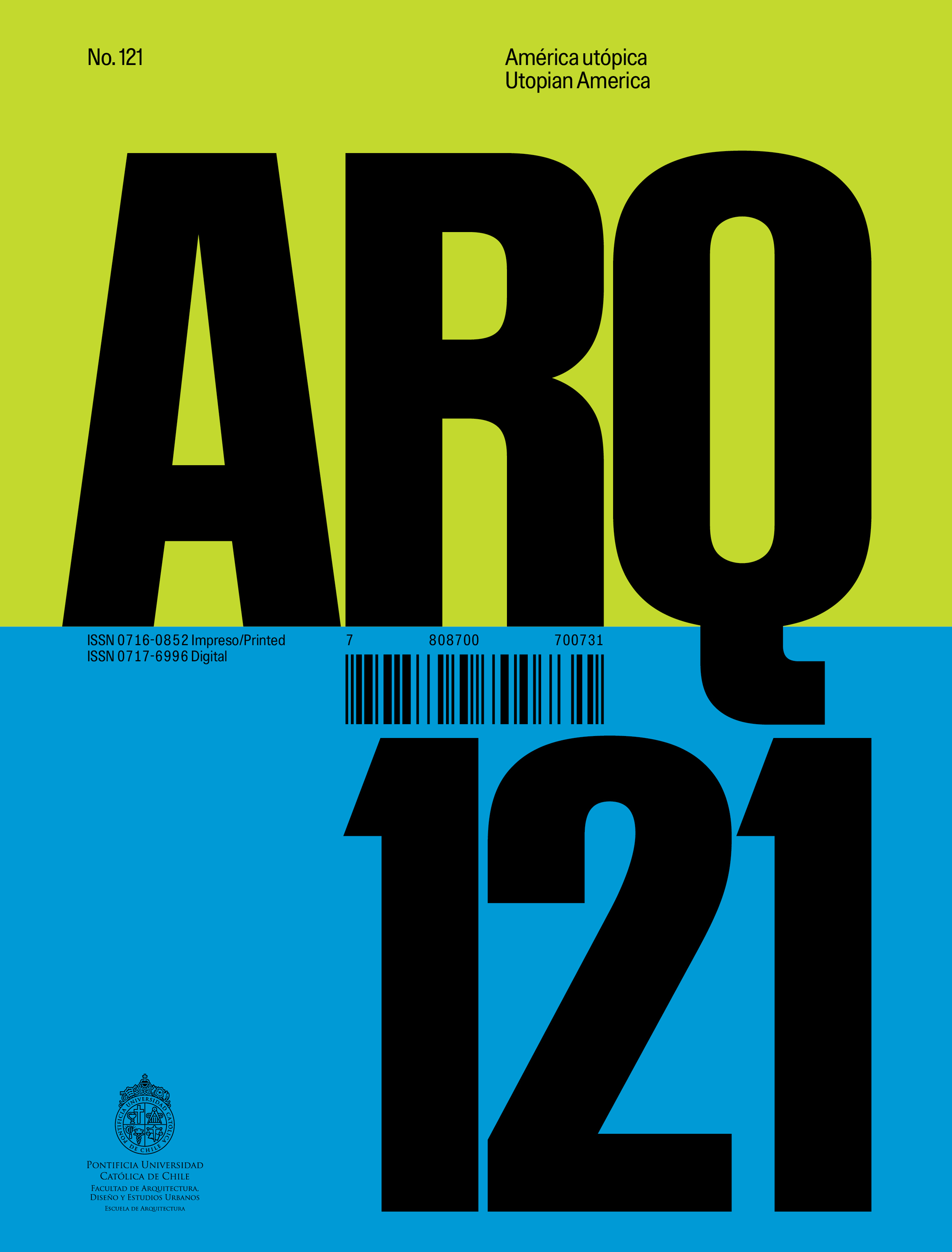
ARQ 121 | América utópica / Utopian America
(diciembre 2025)
Diamond Open Access Stephannie Fell (ed.), several authors
Softcover
20.6 x 27 cm | 132 pp.
English + Spanish
This is the third issue in ARQ’s 2025 editorial cycle, titled This Is America.
From the moment of its so-called “discovery,” América has been imagined as a place of possibility. The New World. A moniker built from afar and without: a land of promise, risk, abundance, and myth. These visions of untapped potential—entangled with conquest, displacement, and extractivism—cast the continent as a site where utopias might be realised, often at the cost of erasing its original inhabitants and ecologies. Utopian America explores this double condition: the persistence of the ideal and its erosion; its critical force and its historical burden. Amid modern ruins, tourist paradises, ecological prototypes, welfare infrastructures, and gestures of resistance, the issue proposes reading utopia not as a destination, but as a method in constant revision—a way of imagining and inhabiting the continent.
Contents
Essays, Works & Projects
Buy (in Chile)
Buy (internac.)
Read on ARQ+
PDF (SciELO)
Softcover
20.6 x 27 cm | 132 pp.
English + Spanish
ISSN: 0716-0852 (print) / 0717-6996 (online)
Barcode: 7-808700-700793
Barcode: 7-808700-700793
This is the third issue in ARQ’s 2025 editorial cycle, titled This Is America.
From the moment of its so-called “discovery,” América has been imagined as a place of possibility. The New World. A moniker built from afar and without: a land of promise, risk, abundance, and myth. These visions of untapped potential—entangled with conquest, displacement, and extractivism—cast the continent as a site where utopias might be realised, often at the cost of erasing its original inhabitants and ecologies. Utopian America explores this double condition: the persistence of the ideal and its erosion; its critical force and its historical burden. Amid modern ruins, tourist paradises, ecological prototypes, welfare infrastructures, and gestures of resistance, the issue proposes reading utopia not as a destination, but as a method in constant revision—a way of imagining and inhabiting the continent.
Contents
- Editorial: Utopian America — Stephannie Fell
Essays, Works & Projects
-
New Concepts of Space: Itinerary, Maps, and the Cartesian World — Fernando Luiz Lara
-
Vegetal Machine: Tropical-Capitalist Utopias, Amazonian Extractivism, and Colonial Ecologies in the Factory-Territory of Fordlândia-Belterra (1927-1945) — Gonzalo Carrasco Purull
-
Deserta Ecofolie. 2025 Venice, Italy. Prototype of a Minimal Dwelling in the Atacama Desert and Beyond — Pedro Ignacio Alonso, Pamela Prado
-
Modernist Utopia Reclaimed: The CRUSP Residential Complex — Artur de Souza Duarte, Renato Cymbalista
-
SESC Galería. 2025 São Paulo, Brasil — Ben-Avid, MMBB Arquitectos
-
SESC Franca. 2012-24 São Paulo, Brasil — Anderson Fabiano Freitas, Bruno Valdetaro Salvatori, Cesar Shundi Iwamizu
-
Shadows of Belaúnde’s Utopia: A Critical Analysis of La conquista del Perú por los peruanos — Solange de la Cerna, Camila Dextre, José Pastor
- A Dwelling of Resistance — Rayna Razmilic
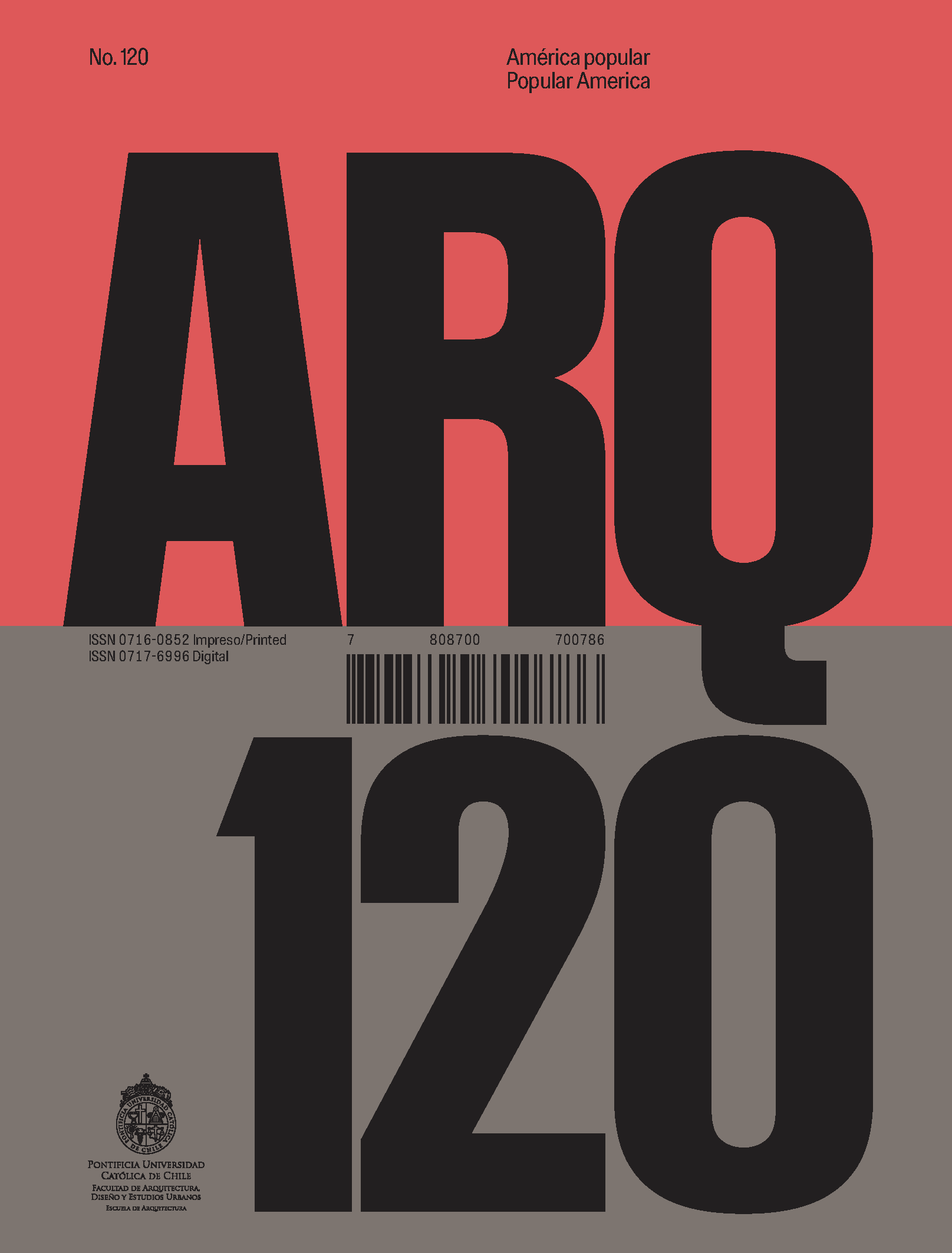
ARQ 120 | Popular America / América Popular
(August 2025)
Open Access / libre acceso Stephannie Fell (ed.), several authors
Softcover
20.6 x 27 cm | 160 pp.
English + Spanish
This issue is the second instalment of ARQ’s 2025 editorial cycle This is America. The cities of the Americas are many things at once: dense, unequal, improvised, vibrant. In them, the formal and the informal do not oppose so much as entangle, stacking atop one another in layers that sometimes collide, sometimes conspire. Through built works, projects, and essays, ARQ 120 explores the tensions between public space and private property, informality and the right to the city—revealing how architecture, landscape architecture, and urban design can offer concrete responses to the challenges of living together.
Contents
Essays and Projects
Opinion
Buy
Buy (internac.) [soon]
Read on ARQ+ [soon]
PDF (SciELO [soon])
Softcover
20.6 x 27 cm | 160 pp.
English + Spanish
ISSN: 0716-0852 (printed) / 0717-6996 (online)
This issue is the second instalment of ARQ’s 2025 editorial cycle This is America. The cities of the Americas are many things at once: dense, unequal, improvised, vibrant. In them, the formal and the informal do not oppose so much as entangle, stacking atop one another in layers that sometimes collide, sometimes conspire. Through built works, projects, and essays, ARQ 120 explores the tensions between public space and private property, informality and the right to the city—revealing how architecture, landscape architecture, and urban design can offer concrete responses to the challenges of living together.
Contents
-
Popular America (editorial) — Stephannie Fell
Essays and Projects
-
The Shape of Light: The Arena do Morro Gymnasium and the Social Trajectory of Mãe Luiza — Mariana Vilela
-
Ecatepec Bicentennial Park — Taller Capital
-
Felipe Ángeles Fire Station — Departamento del Distrito + Oficina de Resiliencia Urbana + TALLER Architects
-
22 de Noviembre Market — Rzero Estudio
-
Unsettling the Commons: Property, Informality, and the Mexican Ejido — Giuliana Pavanelli Durón
-
Casa Grande: Rebuilding Quickly and Well — ELEMENTAL
-
Casa de Todos Annex — Enlace Arquitectura + Elisa Silva
-
Collective Housing Tenure in Informal Settlements: Experiences and Lessons from Latin America — Benjamín Peralta
-
MASP Expansion — METRO Arquitetos + Júlio Neves
- Quebrantahuesos: A Multiprogrammatic Infrastructure for the Development of Vertical Living [diploma project]— Daniel Gallardo
-
Destinación Casa: A Cooperative Housing Strategy for Buenos Aires’ Immigrant Community [diploma project]— Vanesa Santillán Messina
Opinion
- Metis and Latin American Cities: Talca and Its Many Small Parking Lots — Felipe Miño
